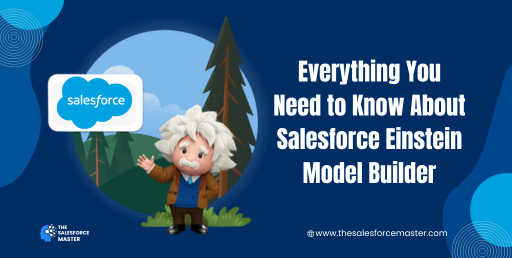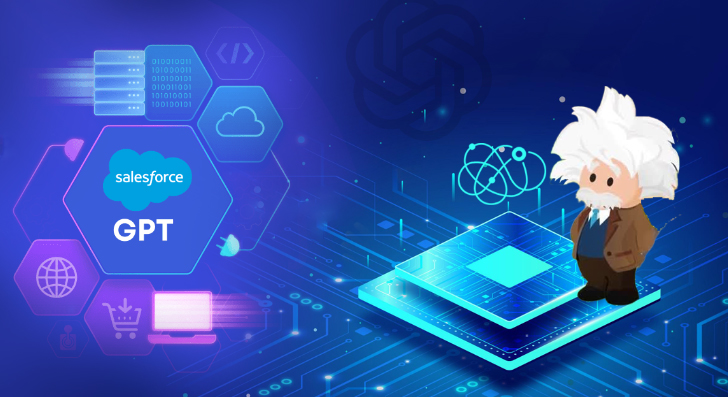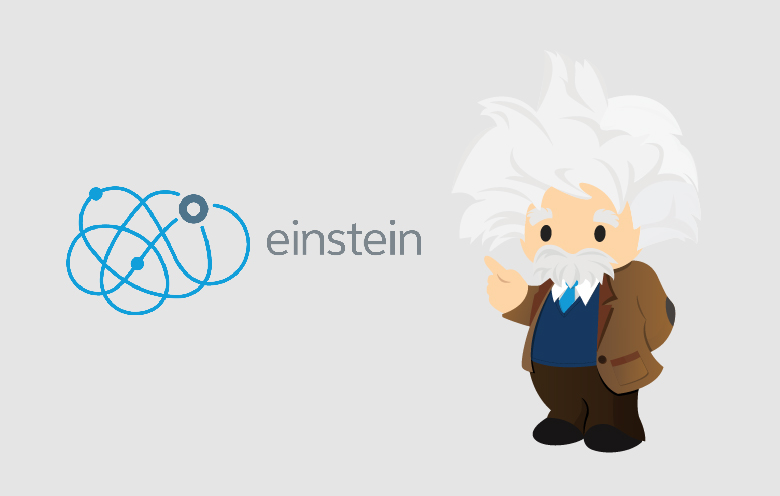
Salesforce Einstein Model Builder is a powerful tool that empowers users to create custom AI models tailored to their specific business needs within the Salesforce ecosystem. Here’s a comprehensive overview of what you need to know about Salesforce Einstein Model Builder:
Introduction to Einstein Platform: Einstein is Salesforce’s artificial intelligence (AI) technology. It encompasses various AI-driven features and tools designed to enhance customer relationship management (CRM) capabilities and improve business processes.
Purpose of Einstein Model Builder: Einstein Model Builder allows users to build, train, and deploy custom predictive models directly within the Salesforce environment. These models can be utilized to make predictions, classify data, and provide valuable insights to users.
User-Friendly Interface: Einstein Model Builder offers an intuitive, point-and-click interface, making it accessible to users with varying levels of technical expertise. Users can easily navigate through the process of model creation without requiring extensive coding knowledge.

Data Preparation: Before building a model, users need to prepare their data. This involves selecting relevant data fields, cleaning and transforming the data, and ensuring its quality and consistency. Einstein Model Builder simplifies this process by providing tools for data cleansing and transformation.
Model Building: Once the data is prepared, users can choose from various algorithms and techniques to build their predictive models. Einstein Model Builder supports both classification and regression tasks, allowing users to predict categories or numerical values based on input data.
Training and Evaluation: After selecting the algorithm, users can train their models using historical data. Einstein Model Builder automatically splits the data into training and testing sets and evaluates the model’s performance using metrics such as accuracy, precision, recall, and F1 score.
Fine-Tuning: To optimize model performance, users can fine-tune parameters and experiment with different settings. Einstein Model Builder provides guidance and recommendations to help users make informed decisions during this process.

Deployment: Once satisfied with the model’s performance, users can deploy it directly within their Salesforce environment. Deployed models can be integrated into workflows, automation processes, and user interfaces to make real-time predictions and recommendations.
Monitoring and Iteration: After deployment, it’s essential to monitor the model’s performance and make adjustments as necessary. Einstein Model Builder enables users to track model metrics, analyze predictions, and iterate on their models to ensure ongoing accuracy and relevance.
Security and Compliance: Salesforce prioritizes security and compliance, ensuring that data privacy and regulatory requirements are met. Einstein Model Builder adheres to Salesforce’s security standards and provides features such as data encryption, access controls, and audit trails to protect sensitive information.
Integration with Salesforce Ecosystem: Einstein Model Builder seamlessly integrates with other Salesforce products and features, allowing users to leverage AI capabilities across their CRM, marketing, sales, and service applications. This integration enhances productivity, improves decision-making, and drives business growth.

Conclusion
Salesforce Einstein Model Builder is a versatile tool that empowers users to harness the power of AI and build custom predictive models within the Salesforce environment. With its user-friendly interface, robust features, and seamless integration, Einstein Model Builder enables organizations to unlock valuable insights, automate processes, and deliver exceptional customer experiences.
For more updates about the articles, subscribe to www.thesalesforcemaster.com

